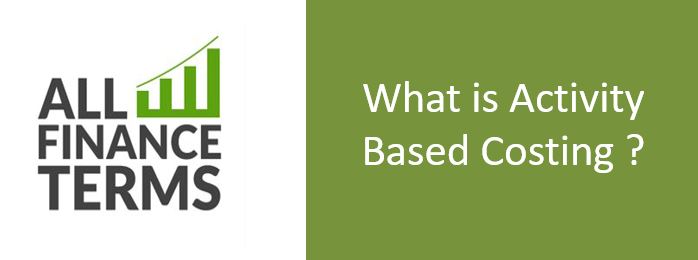Definition of Activity Based Costing
Activity Based Costing is a new approach or method of product costing. It assigns indirect cost to each product and service matching the actual consumption of each.
Indirect cost includes machine cost, labor cost, design time, material cost etc.
This method helps businesses estimate each cost element of the product according to its consumption and hence considerably fair cost value is estimated.
The alternate and somewhat old method is known is traditional costing method. In this method, total cost is divided on the number of products, without considering the consumption of resources. Hence that method was not accurate so the new method got invented.
Brief Explanation of Activity Based Costing
ADVANTAGES
- As cost is estimated and calculated on actual cost drivers and other factors that creates cost of the product, a better picture becomes clear of which product or business is more profitable than any other.
- Resources, procedures and methods are identified in depth.
- Prices can be identified in better way.
- Waste often happens during the production which is normally ignored in traditional costing and directly assigned to product. But in ABC costing while identifying cost drivers of each product waste can be identified easily.
- ABC costing can be applied to both product and services.
DIS ADVANTAGES:
- Being relatively new, some might find it difficult to understand.
- Proper training and expertise are required hence it can be costly.
- Time taking to implement.
- Detailed and accurate data is required. If not estimated accurately it may not give accurate expected results.


